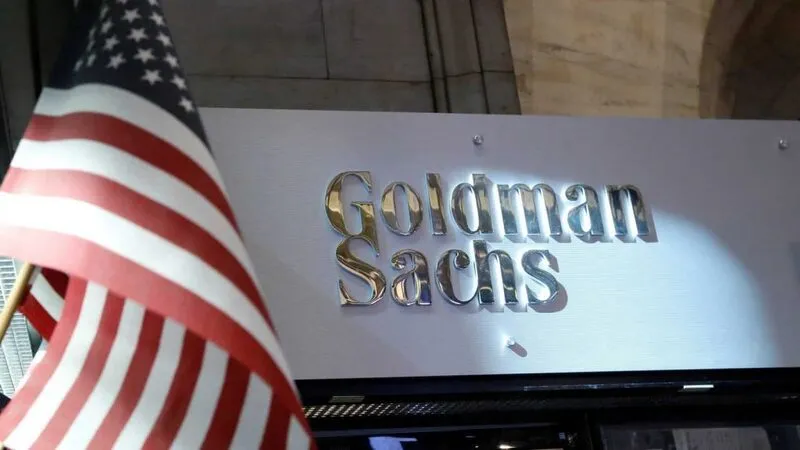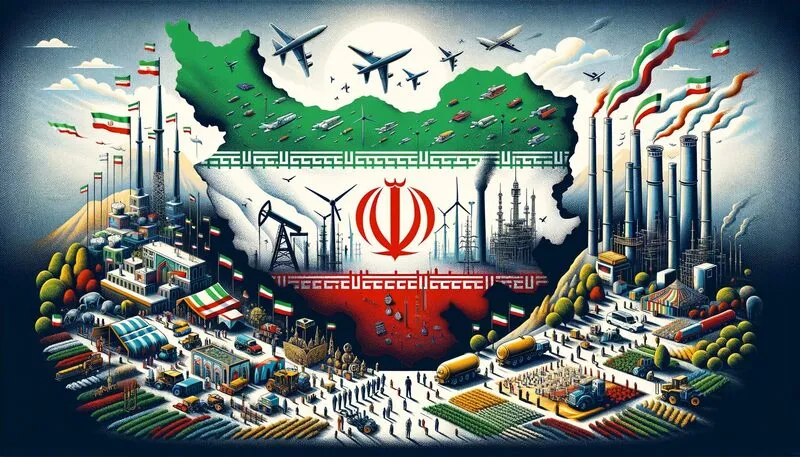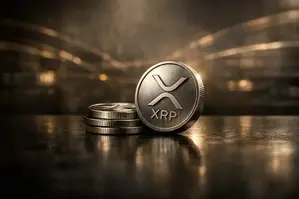Goldman Sachs has now predicted a new forecast for Brent and crude oil as Israel-Iran tensions take a new, surprising route. With the US’s involvement in the ongoing Iran-Israel conflict, the world markets are now bracing for a volatile impact. In addition to this, Iran’s closure of the Strait of Hormuz can have a catastrophic impact on the prices of Brent and crude oil, which could push the oil prices to new highs. Here’s what the leading Goldman Sachs believes the future of Brent and crude oil is in the current war narratives and tensions.
Also Read: Can G7 Help Canada Bypass Russia To Become an Oil & Gas Superpower?
Goldman Sachs Oil Forecast: Where Are The Prices Headed As War Tensions Intensify?

Goldman Sachs, in its new note, has shared how oil prices can rise up to $110 per barrel if Iran decides to close the Strait of Hormuz. In a detailed note, the bank stated that the oil prices can peak up to $110 a barrel if the oil flows via Hormuz were disrupted due to Iran’s closure of Hormuz.
In recent developments, the parliament of Iran has already approved the closure of the Strait of Hormuz, a vital point of the global oil distribution network. Such disruptions could end up having a catalytic effect on global oil networks, enabling them to trade at higher price levels than before.
The bank further went ahead to predict how Brent could average at $95 per barrel over the last quarter of 2025.
In addition to this, Goldman Sachs predicted two scenarios where Brent and crude could surge and trade at higher levels. A 1.75 million barrel drop in Iran’s supply over 6 months could send Brent to $90. Later, it could fall to $60.
if Iran continues to document a decline in its oil supply (long term), then Brent could trade around $90. It may then fall to $70–$80 by 2026.
What Are Other Experts Saying?
As per Jorge Leon, head of geopolitical analysis at Rystad Energy, a substantial price hike is already in the works.
“An oil price jump is expected… Even in the absence of immediate retaliation, markets are likely to price in a higher geopolitical risk premium.” Leon told Reuters
According to UBS’s Giovanni Staunovo, the oil price dynamics largely depend on how Iran handles the Hormuz disruption.
“The direction of oil prices from here will depend on whether there are supply disruptions. Which would likely result in higher prices. Or if there is a de-escalation in the conflict, resulting in a fading risk premium. ” Staunovo told Reuters.
Also Read: BRICS Moves From US Dollar Debt to RMB Bonds as Japan Buys Russian Oil






